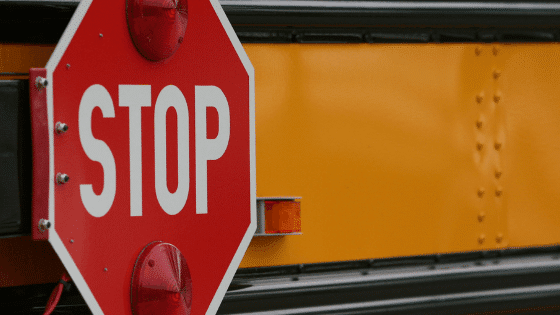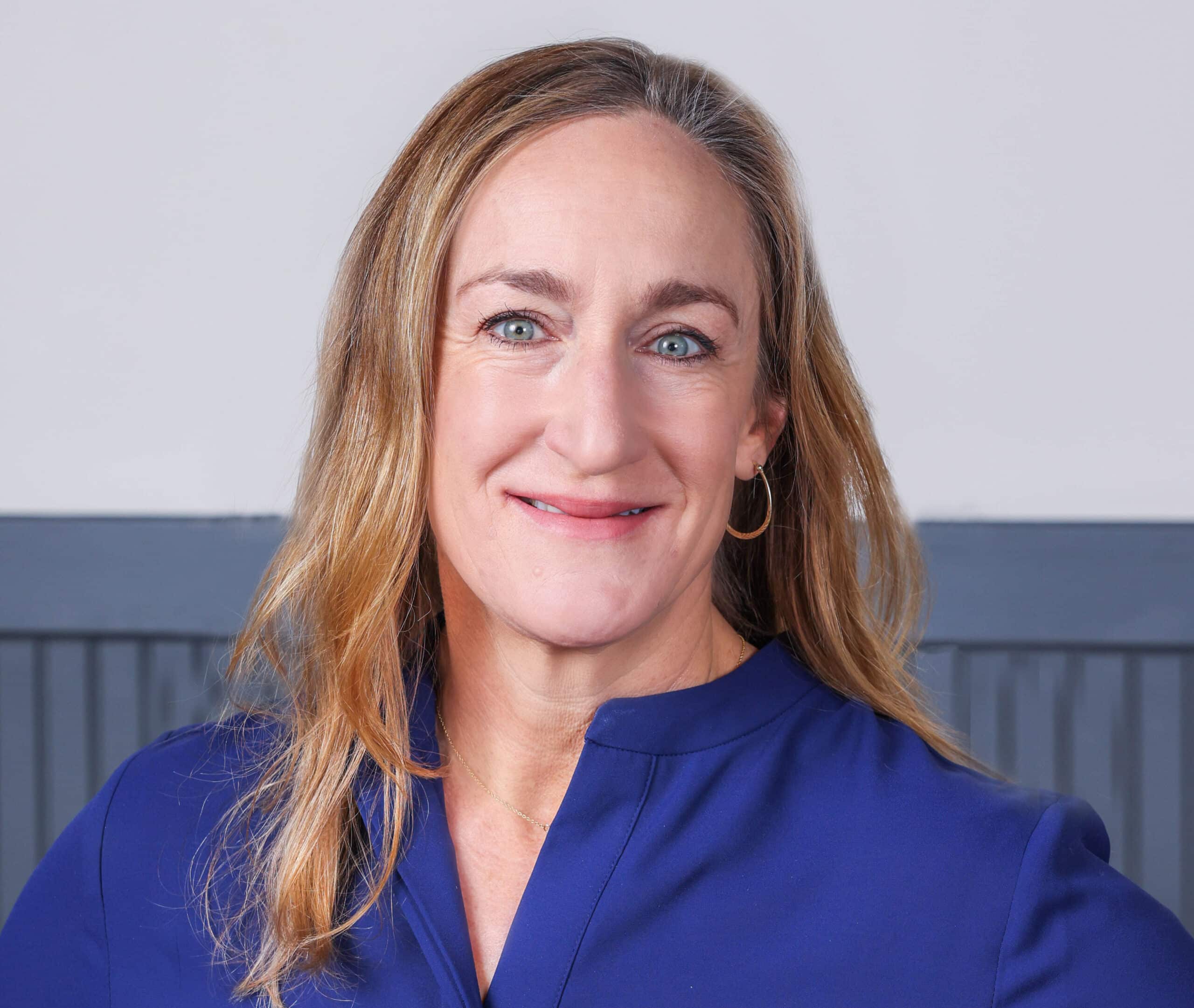The #1 pushback I get from oil and gas leaders to Adamantine’s prescriptions goes something like: “But they don’t understand where their energy comes from! We have to explain the reality of the energy system.”
This is true. But it doesn’t work. As a game-changing leader, you need to understand why.
Both of these things are true:
- Energy literacy appears to have hit an all-time low, fueling unrealistic expectations (pun intended!) for an imminent transition to a zero-carbon energy system.
- “Education” campaigns to address energy literacy do not work — and might even make things worse.
We want our stakeholder audiences to understand the science and engineering behind the energy system! But there is a truckload of scientific data showing why our efforts to educate our stakeholders will fall flat or make our jobs even harder.
The situation
I spent five years on the front lines of educating the public when I served as president & CEO of the Colorado Oil & Gas Association (COGA). The most poignant lesson I learned: Even the most thoughtful educational forum could create a firestorm of anger and distrust. Let’s look at what science tells us about why.
Dissonance Abounds
You probably know someone with strong negative feelings about fracking. Their feelings may or may not be based on an understanding of what its risks are, how it fits into oil and gas development, or how they feel about fossil fuels or climate change. But fracking is an F-word capable of igniting an awkward conversation with even my family doctor. The theory of cognitive dissonance helps explain why this happens.
We all seek harmony between our beliefs, attitudes, and behaviors. When we see evidence that creates a conflict with what we already believe, it creates cognitive dissonance that’s uncomfortable and that we want to resolve — almost always by finding a way to dismiss the validity of the evidence in order to preserve our beliefs and values. For example, when I read a newspaper article about fracking that I feel unfairly and unconsciously casts an oil and gas company in a bad light, I immediately seek harmony by dismissing the fairness and underlying intention of the journalist.
Similarly, when I used to present myself in a community meeting as an environmentalist and mother who was explaining the science of fracking, it created its own cognitive dissonance. For an attendee who did not believe that fracking is safe, his automatic response was to find a reason to dismiss me and my underlying intentions, usually by saying that I was a shill for the industry.
To prevent the emotional discomfort of cognitive dissonance, we each surround ourselves with like-minded people. The informational echo chamber allows us to experience more day-to-day harmony. By feeding ourselves news and intellectual conversations that reinforce our beliefs, attitudes, and behaviors, we create a cycle that further exacerbates the certainty of our own perspective. This results in the most well-known of biases: confirmation bias. We seek out sources of information that confirm what we believe and dismiss the data that doesn’t.
Confirmation bias makes objectively exploring the scientific and engineering underpinnings of the energy transition quite challenging, especially amidst our emotionally charged politics. It helps us to understand why the conversations are so difficult to undertake.
Distrust is Sticky
Early in my time at COGA, the dominant public fear about fracking was contamination of drinking water. To address this concern, COGA created a voluntary baseline groundwater-sampling program. Whenever a company drilled a new well, it would take a groundwater sample from a nearby source before drilling, then take another sample one year later. The voluntary baseline sampling program was an overwhelming success. A year later, it was codified as a state regulation with official COGA support. Today, tens of thousands of water sampling data are publicly available. The new mountain of data took off the table the question of whether oil and gas development was systematically contaminating groundwater — it was not.
The program, however, did nothing to resolve the conflicts around oil and gas development in Colorado. Public concern about oil and gas development quickly morphed into new issues. Initially, I was surprised by this rapid shape-shift. Each time one topic was resolved by a study or a new regulation, the next objection surfaced seemingly instantaneously. Now I understand the dynamic more clearly: Communities were concerned about fracking in their hearts and their guts, so their brains would find no shortage of new issues to worry about.
Entangled in Bias
When I was in my early fact-splaining phase at COGA, a study from Cornell University came out declaring that gas was worse than coal in terms of carbon emissions. A research assistant and I went to work dissecting the study. We quickly ascertained that it was a wild exercise in hyperbole. The assumptions, methodology, and calculations were debunked by another Cornell scientist, a federal laboratory, and numerous other researchers.
That was more than a decade ago, yet I continue to be told in both casual and formal conversations that natural gas is worse than coal. The long-debunked study is still loosely cited as the source of that information. It turns out that when we hear something compelling, we remember the tidbit, but we remember neither the source nor whether it was reliable. The phenomenon is what behavioral economists call “source amnesia bias,” and it is simple enough to grasp in our Facebook era.
In the case of the debunked Cornell paper, because the source sounds so reliable, tens of thousands of people have heard of the study, and they continue to repeat it. Which brings us to the repetition effect. If we hear something many times, we become increasingly likely to conclude that “it must be true.” Add to that the human propensity to give more power to bad events than good, and the negativity bias has kicked in.
I am an absurdly optimistic person, so it was discouraging to discover the hard way that there is yet another unconscious human reaction that makes it harder to wade into a community armed with educational material: motivated reasoning. When given evidence that contradicts what we believe about an emotionally charged issue, we analyze it in order to dismiss it.
It’s easy to imagine how motivated reasoning plays out in a community that is genuinely afraid of fracking. Moms and dads arrive at a meeting frightened and dubious, wanting to be comforted but prepared to sound an alarm if they are not. Industry engineers arrive with their poster boards and fact sheets, discussing thickness of pipes and depths of aquifers. Almost without fail, the attendees leave more certain of their original point of view than when they arrived. They find reasons to distrust the presenter and dismiss the information presented; as a result, their agitation is nearly unbearable. The effort to educate has made the situation worse.
You can translate all of these into your personal experiences with “educating” everyone from a community representative to your brother-in-law. Cognitive dissonance makes individuals seek out sources of information that they are likely to agree with. With confirmation bias, each person holds onto the data that fit their worldview. Then source amnesia and the repetition effect kick in. And if new information is presented, an individual can always reject it through motivated reasoning.
Seize the day
There is a place for education — after you’ve first established trust. In this case, look to your own willingness to change your mind. What conditions do you require?
- As a company, invest in enduring relationships. Oil and gas companies have long track records of community partnership. The most enduring support for oil and gas development comes from our historic operating areas. When we go into a new community, we have to invest in building trust and rapport for the long term. This means more than dollars: recurring engagement, ongoing volunteerism, and collaborative partnerships.
- As an individual, invest in enduring relationships. The most influential person to speak about oil and gas is someone an individual knows who works in the industry. When trust is already present, people are much more likely to engage with you.
- Always start with listening. As both companies and individuals, we must listen, show genuine interest, and seek to understand the person we are engaging. Then we establish the trust that creates the opening for sharing information.
- Ask for an invitation to provide info. I often say, “Would you like to hear how this looks to me?” Or in a community, a company can ask the leaders: “Would you like us to host a town hall? What kind of information would you like us to share?” Education by invitation has a completely different engagement dynamic.
- There is no media strategy for this. We all want a short cut to “educating” skeptical members of the public. It doesn’t exist.
Today’s piece was adapted from Down the Fracking Hole published by PERC.
We know how to do this. Because the work of education is slow, we recommend companies identify and prioritize their audiences — one heart and one mind at a time.
Reach out. Whether you’re trying to get your project built or rolling out your decarb commitments, we can inform your strategy. If you’ve got a project coming up, we’re building our project list for 2022 — reach out, and let’s see how we can help.

